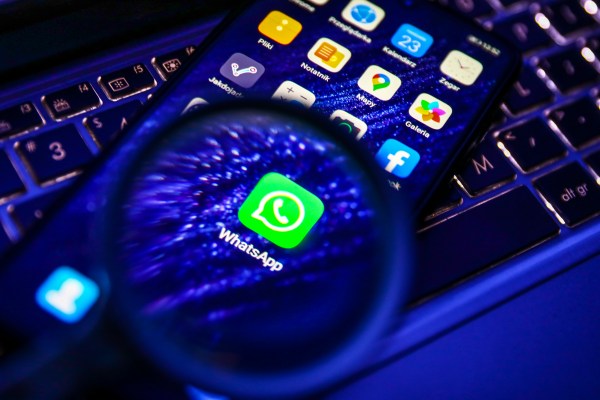The National Payments Corporation of India, the payments body that oversees the widely popular UPI instrument, has given approval to WhatsApp to extend its payments service to 100 million users in the South Asian market, a person familiar with the matter said. WhatsApp was previously allowed to rollout WhatsApp Pay to 40 million users in the world’s second largest internet market.
WhatsApp, the most popular smartphone app in India, initially rolled out its payments service in India in 2020, but the Meta-owned service has struggled to expand the offering to a larger base in India because of confusing regulatory pushback. The NPCI has insisted that WhatsApp rolls out the payments service in step-by-step phases, a person familiar with the matter said, even as no other company has had to comply with a similar order.
In a statement, the NPCI confirmed that WhatsApp has been approved to roll out the payments service to an additional 60 million users. WhatsApp, which reaches over 400 million users in India, counts India as its largest market by users.
“National Payments Corporation of India (NPCI) has approved an additional sixty (60) million users on UPI for WhatsApp. With this approval, WhatsApp will be able to expand the service to its hundred (100) million users,” a spokesperson said.
The slow rollout of WhatsApp Pay has allowed the company’s payments rivals to gain wider market share in India. Google Pay and Walmart-backed PhonePe own over 70% of the UPI market share, according to official figures published by the NPCI. In a statement on Wednesday, PhonePe said it processed 100 million in a single day, mostly on UPI railroads.
UPI has emerged as the most popular digital payments method in India in recent years, thanks in part to New Delhi’s abrupt move to invalidate more than 85% of the paper cash circulation in the nation in late 2016. UPI’s popularity has diminished the utility of several firms in India, including SoftBank and Alibaba-backed Paytm and Sequoia Capital India-backed MobiKwik that spent years building mobile wallets.
Unlike UPI apps, mobile wallets are not interoperable with other mobile wallets and levy a small fee to consumers. There’s no such fee on the UPI network, a fact that some industry players have suggested the authority revises to support a feasible business model.
“With UPI, India has created something truly special and is opening up a world of opportunities for micro and small businesses that are the backbone of the Indian economy. India is the first country to do anything like this. I’m glad we were able to support this effort and work together to help achieve a more digital India. I want to thank all our partners who’ve made this possible. When people can access financial tools, they’re more empowered to support themselves and others, or start a business. Long term, we need more innovation that gives people control over their money, and making payments easier is a small step that can really help,” said Mark Zuckerberg, chief executive of Facebook, in late 2020.
WhatsApp started to work on a payments service in India as early as 2017. Its pilot and test payments rollout in India in early 2018 quickly prompted years-long regulatory maze as various bodies in the country expressed concerns over users’ payments data and whether the Facebook-owned service wielded too much power and advantages over other payments apps.
The Wednesday announcement comes at a time when NPCI is looking to enforce a rule that would ensure that no single payments app processes more than 30% of all UPI transactions in a month, a requirement that could significantly impact Google Pay and PhonePe.
This requirement has prompted several more industry players to explore opportunities in the mobile payments space. Indian conglomerate Tata Digital launched its super app earlier this month, which includes a UPI-enabled payments service. The Bengaluru-headquartered fintech Slice is planning to launch UPI payments service within weeks, TechCrunch reported earlier.
